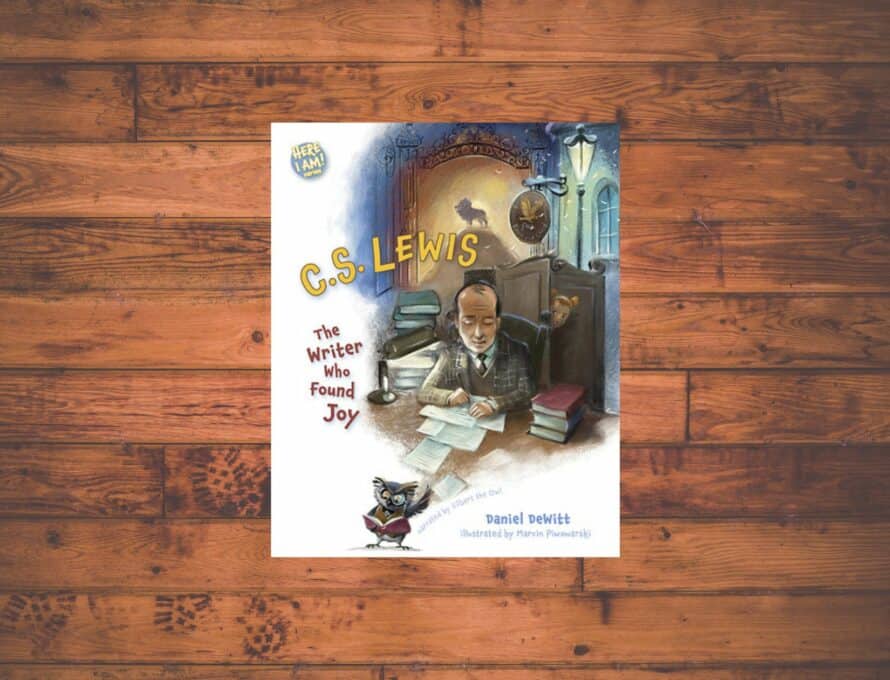Lewis’ Abolition of Man Offers ‘Prophetic Warning’ for a Relativistic Age

I was interviewed by The Pathway about C.S. Lewis’s influential work The Abolition of Man. This February marked the 80 year anniversary from when Lewis first published what was originally an academic lecture series. Lewis packed his arguments from The Abolition of Man into his third science fiction book That Hideous Strength. If you’re more of a sci-fi reader than an academic-talk-turned-booklet reader, you might want to check it out.
I got the opportunity to talk a it about Lewis, my forthcoming children’s book, and what’s going on with the Center for Worldview and Culture. Here’s an excerpt from the interview and a link to read the whole thing:
SBU’s DeWitt: Lewis’ Abolition of Man offers ‘prophetic warning’ for a relativistic age
FEBRUARY 17, 2023 BY BENJAMIN HAWKINS
BOLIVAR – Daniel DeWitt is a senior fellow at Southwest Baptist University (SBU) in Bolivar, where he leads the Center for Worldview and Culture. He is the host of the “Mere Caffeination” podcast and author of numerous books, including his forthcoming book, C.S. Lewis: The Writer Who Found Joy.
This summer, DeWitt will help lead an SBU trip to Ireland and England. Participants will visit key sites from Lewis’s life – from his childhood home in Ireland, to the real lamppost and park that inspired his Chronicles of Narnia, to his home in Oxford, England. To learn more, visit sbuniv.edu/worldview.
Lewis died 60 years ago, on the same day as United States President John F. Kennedy’s assassination in 1963. One of his enduring works, The Abolition of Man, was first published 80 years ago, in February 1943.
In a recent interview, I asked DeWitt to discuss the continuing relevance of Lewis’ writings, especially his 1943 work, The Abolition of Man.
Benjamin Hawkins: Please tell me briefly about your forthcoming book, C.S. Lewis: The Writer Who Found Joy.
Daniel DeWitt: “I have a new children’s book coming out on C.S. Lewis with B&H Kids this summer. My goal is to introduce children, and those who read aloud to them, to Lewis’s life from childhood through his death on the same day President Kennedy was assassinated. I highlight the many ways Lewis sought joy throughout his life, from his religious upbringing, through the grief of losing his mother, in the midst of his failed atheism, and down the path he walked with J.R.R. Tolkien which ultimately led to faith in God. I want kids to know they can find the same joy in God. For adult fans of Lewis, I’ve hidden a lot of interesting bits and pieces about Lewis’s life, so there’s some fun for readers of all ages.”
Hawkins: Why do you think Lewis’s works remain important for 21st century readers?
DeWitt: “C.S. Lewis was a careful student of the human experience. He didn’t seem to have an unexamined emotion. He brought that level of disciplined reflection and insight to all of his writings, connecting faith with what it feels like to be human. Lewis wrote for both the intellect and the imagination, leaving little room for readers to hide from his arguments and appeals. I think this is what makes him so timeless. His style is often imitated, but never duplicated.”
You can read the full interview here.
